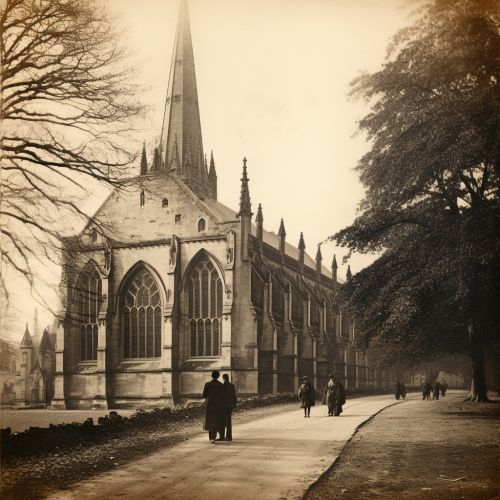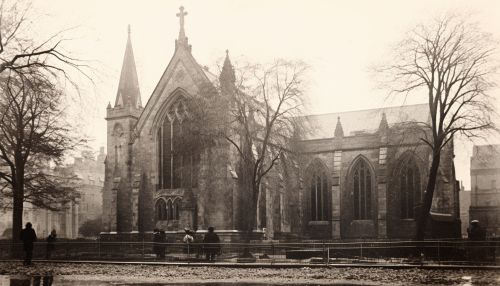John Locke
Early Life
John Locke was born on August 29, 1632, in Wrington, Somerset, England. He was the son of a country lawyer and military man who had served as a captain during the English civil war. Locke's father, also named John, was a staunch supporter of the Parliamentary cause, and his strong political convictions would greatly influence the younger Locke's thoughts on government and individual rights read more.
Locke received his primary education at home, likely using the classical texts typical of English grammar schools at the time. His father's military service afforded Locke the opportunity to attend the prestigious Westminster School in London. After completing his studies there, Locke was admitted to Christ Church, Oxford, in 1652. He earned a bachelor's degree in 1656 and a master's in 1658 read more.


Career and Major Works
Locke remained at Oxford for several years after completing his degrees, lecturing on Greek, rhetoric, and moral philosophy. However, the restrictive scholastic environment at Oxford frustrated Locke, and he began to explore other areas of knowledge, including modern philosophers such as René Descartes read more.
In 1666, Locke met Lord Anthony Ashley Cooper, who would become Earl of Shaftesbury and a significant figure in English politics. This meeting marked a turning point in Locke's life, leading him to move away from academia and into the world of political theory and practice. Locke became a close friend and advisor to Shaftesbury, eventually moving into his home and joining his household read more.
Locke's most influential works were written during this period, including "An Essay Concerning Human Understanding," "Two Treatises of Government," and "A Letter Concerning Toleration." These works laid the groundwork for much of Enlightenment thought and set the framework for the social contract theory, advocating the protection of individual rights and the establishment of government by the consent of the governed read more.
Philosophy and Influence
Locke's philosophy centered around his beliefs in empiricism, the notion that knowledge comes primarily from sensory experience. He argued against the concept of innate ideas, asserting that the mind at birth is a "tabula rasa" or blank slate, and that all ideas come from experience read more.
In his "Two Treatises of Government," Locke outlined his political philosophy, which argued for individual rights, including the right to property. He believed that the purpose of government was to protect these rights and that if a government failed to do so, the people had a right to overthrow it. This concept greatly influenced the American Revolution and the creation of the American Constitution read more.
Later Life and Legacy
In the late 1680s, Locke's health began to decline. He retired from public life and settled in Essex, where he lived with his close friend Lady Masham and her husband until his death on October 28, 1704.
Locke's ideas continue to influence political philosophy and theories of education, and he is widely regarded as one of the most influential Enlightenment thinkers and contributors to liberal theory. His writings influenced many other philosophers, including Voltaire and Rousseau, and helped to shape political ideologies in Europe and America read more.
